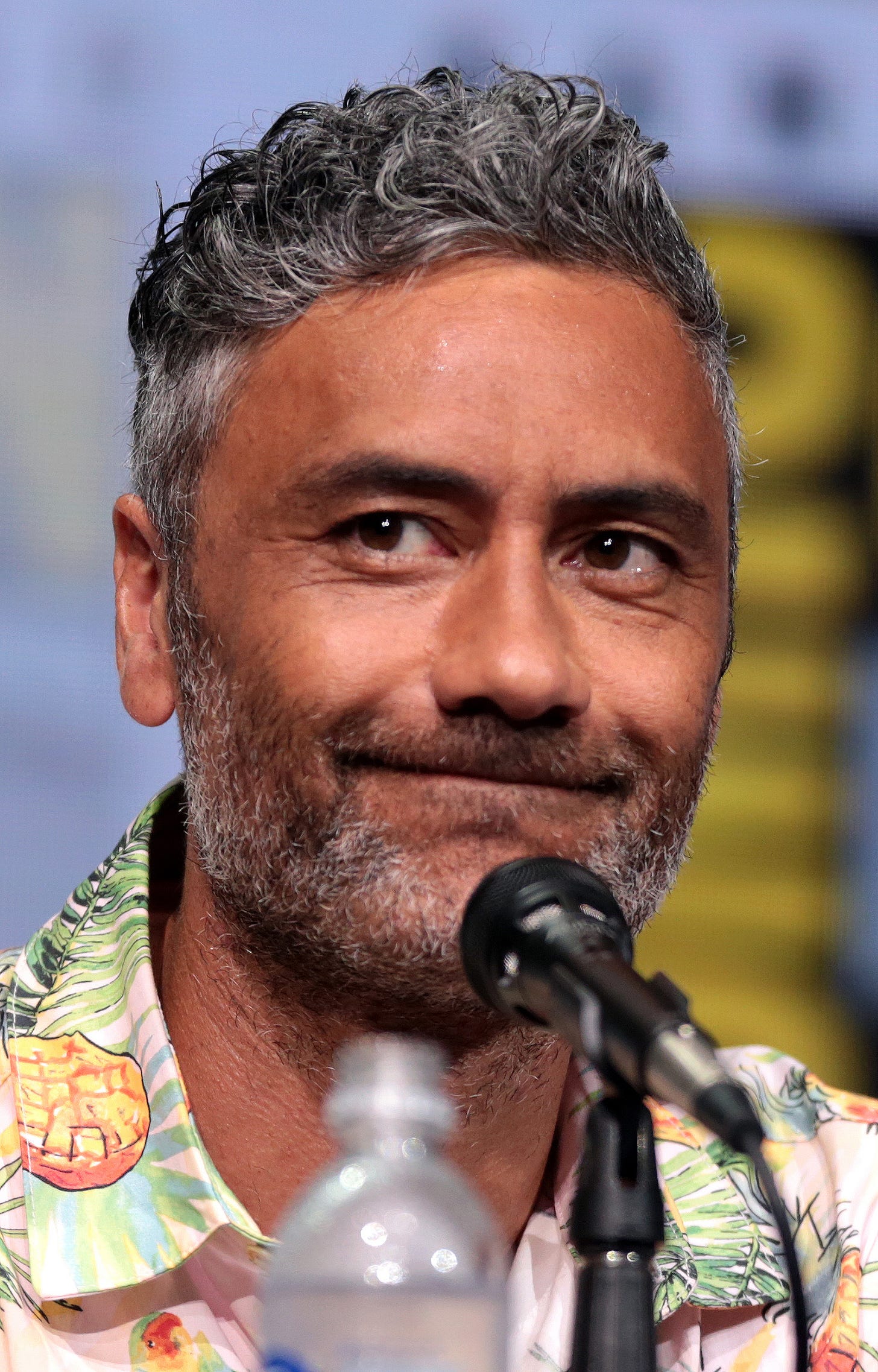Does Systemic Racism Exist? Personal Responsibility, White Privilege and Those who Lead Us... / A.J. Hendry

Earlier this year Taika Waititi spun the country into a whirlwind when he made the comment on the world stage that New Zealand was “Racist as f@#K!”
There was push back. There was anger. Even the old, ‘racism doesn’t exist in New Zealand’ chant made a comeback.
Yet following this, it seems that New Zealand has done her best to prove Taika’s comments to be true. From support for the Southern and Molyneux brigade, to vehement opposition for the establishment of Māori wards, teaching te Reo Māori in schools, and lack of any true recognition for the Land Wars in school history classes. We have made Taika’s point quite clear.
Then, the National Party implosion happened.
And among all the drama was Ross and Bridges ‘casual’ racism discussion on the benefits of Asian minorities on the National Party list. It was shocking for many Pākehā, and minimised as ‘just politics’, by the rest of us.
Taika’s point was further proven by the response Marama Davidson received after her late-night critique on twitter. After pointing out the absence of serious political commentary in light of the few week’s revelations of sexism and racism within parliament, she was written off as ‘just another Māori having a rant’ by some, and ‘divisive and hateful’ by others.
But, as Marama pointed out, and Taika has attested to in his previous korero, Ross and Bridges discussion was merely proof of what Māori and other people of colour have always known.
Racism is alive and well in Aotearoa.
For Pākehā, that is an uncomfortable statement to make. None of us like to think of ourselves as racist. In fact, the idea of privilege makes even the most ‘enlightened’ millennial uncomfortable.
But our ignorance doesn’t make it any less true.
So why is it that Pākehā, and I guess many Europeans in general, struggle to acknowledge the blatant and overt racism which exists in this nation?
Perhaps because that is what we have been taught to do.
From a young age we are given a lens, tinged with privilege and gilded with colonisation, which helps us to interpret and make sense of the world around us.
Pākehā aren’t the only people to learn this lesson of discrimination, it has been taught throughout history, in different lands around the globe. Our brand of racism however, originates right here, in good old Aotearoa. And our teacher? New Zealand herself.
For example, as we grow up, we are taught to view the world through a looking glass shaped by our own privilege. A lens that says the problems in our nation aren’t about race, but about responsibility.
Personal responsibility to be precise.
By listening to talk-back radio, or talking with our friends, or by engaging in discussion around the dinner table or on social media, we are taught how to view the world.
We are taught to understand that the growing inequality and poverty that exist in our nation, has nothing to do with race, and everything to do with people’s (meaning Māori’s) poor choices.
We are taught that the reason Māori are over represented in our prisons, and underrepresented in our NCEA success results, is not because of systemic racism, or entrenched discrimination, but because of their own individual irresponsibility.
We are further taught that if they would only take ownership of their lives, pull themselves up by their bootstraps, and buy-in to the way society worked, then they would succeed.
Any discussion of the existence of systemic racism, or any hint that the imbalance in our society has any roots in our Pākehā tupana’s betrayal of Te Teriti, is written off as just Māori being ‘divisive’ or ‘selfish’ or ‘living in the past’.
Pākehā have been taught to believe the lie of individualism. Buying into a false version of reality, which is enabled by the privileged position we hold. We have allowed ourselves to believe the lie that each person enters this world on an equal playing field. And that success in this nation, is contingent on the individual taking personal responsibility, and making the ‘right choices’.
The problem with that idea, is that the language of ‘personal responsibility’ fails to take into account the way which the past impacts the present. It fails to understand that the choices our ancestors have made, have a bearing on where we are today.
Pākehā struggle to acknowledge privilege, because we think it is about money and being gifted wealth. Whenever someone speaks of privilege, we become defensive, refusing to acknowledge the position we hold.
But privilege isn’t about money.
White privilege is growing up in a world where Ross and Bridges discussion is shocking. It is being raised in a world where racism seems non-existent, simply because we have never had to experience it before.
It is living in a society which is shaped around Pākehā interests, and is designed to reflect Pākehā values, tell Pākehā history, and empower Pākehā self-importance.
Marama’s critique hurt, because it was true.
Pākehā are ignoring the realities of racism in our nation, because it is just too uncomfortable for us to handle.
We don’t want to deal with it.
Unfortunately, not wanting to deal, doesn’t make it go away for our Māori whanau.
Whether, Pākehā acknowledge it or not, systemic racism exists.
The fact that Pākehā get to even pretend that it doesn’t, is proof enough.
A.J. Hendry



